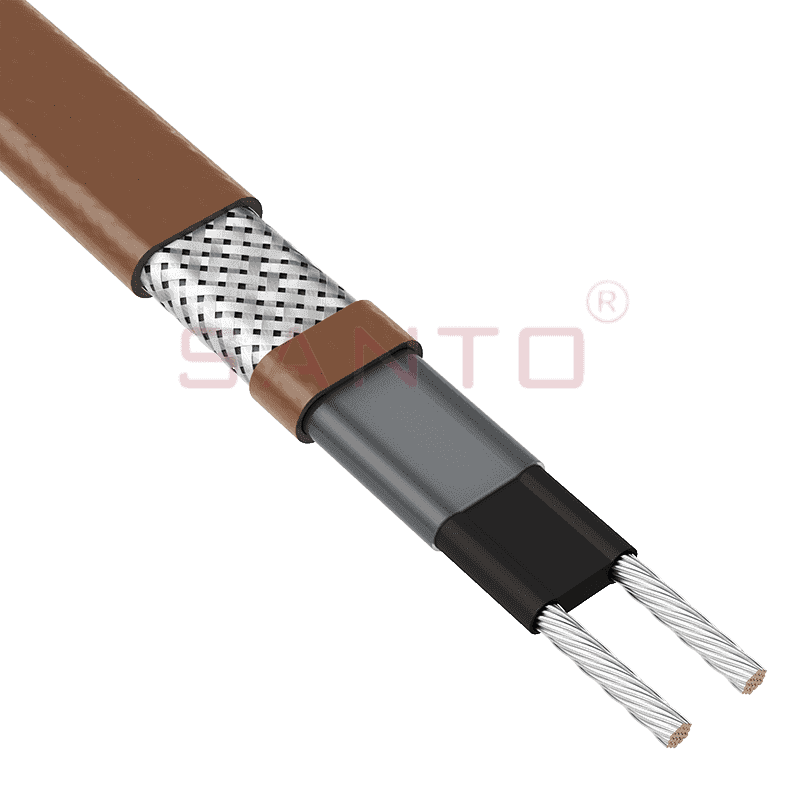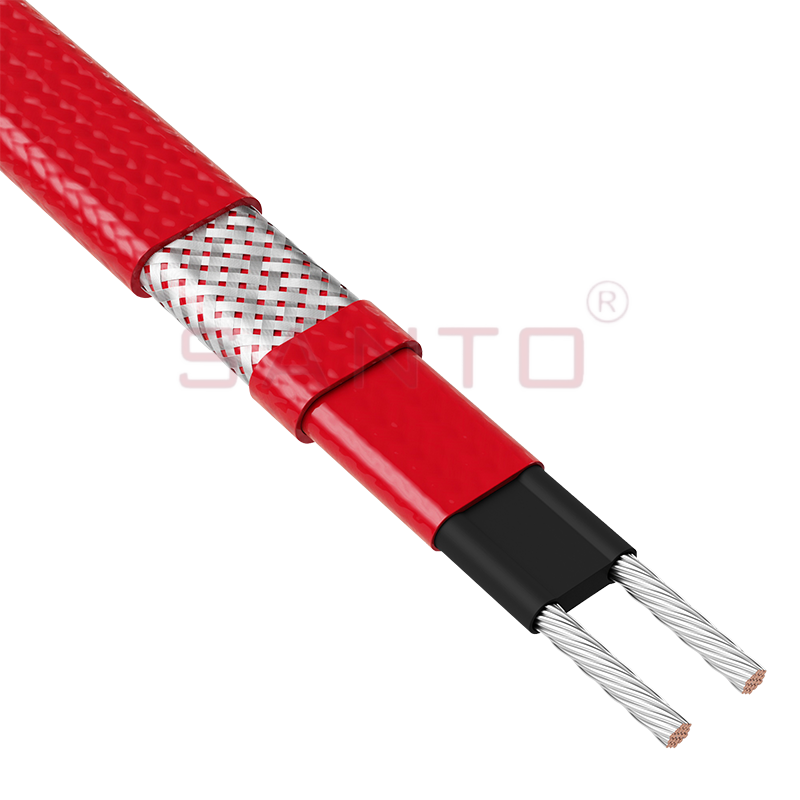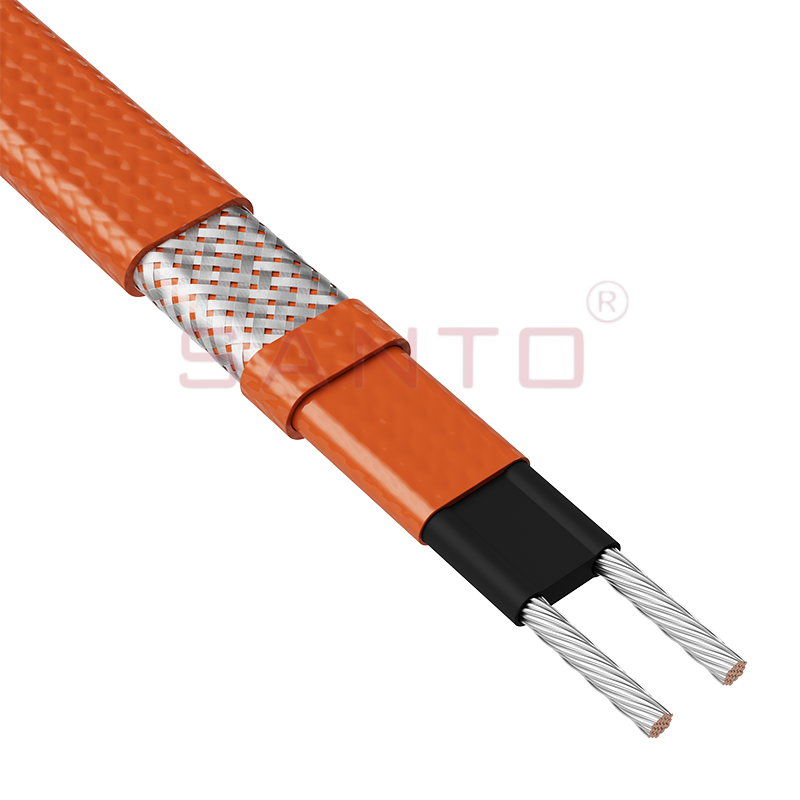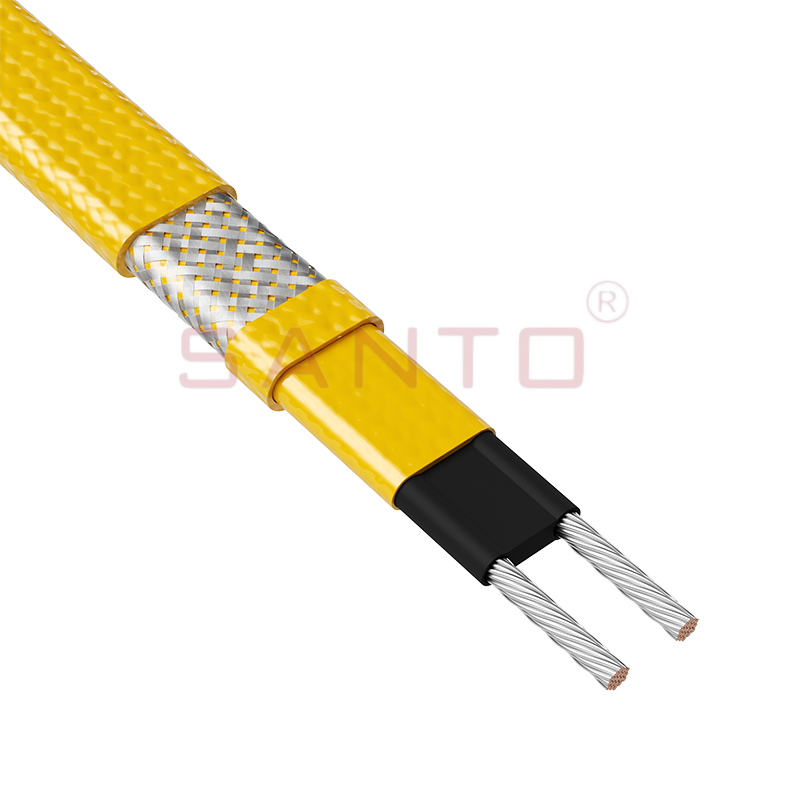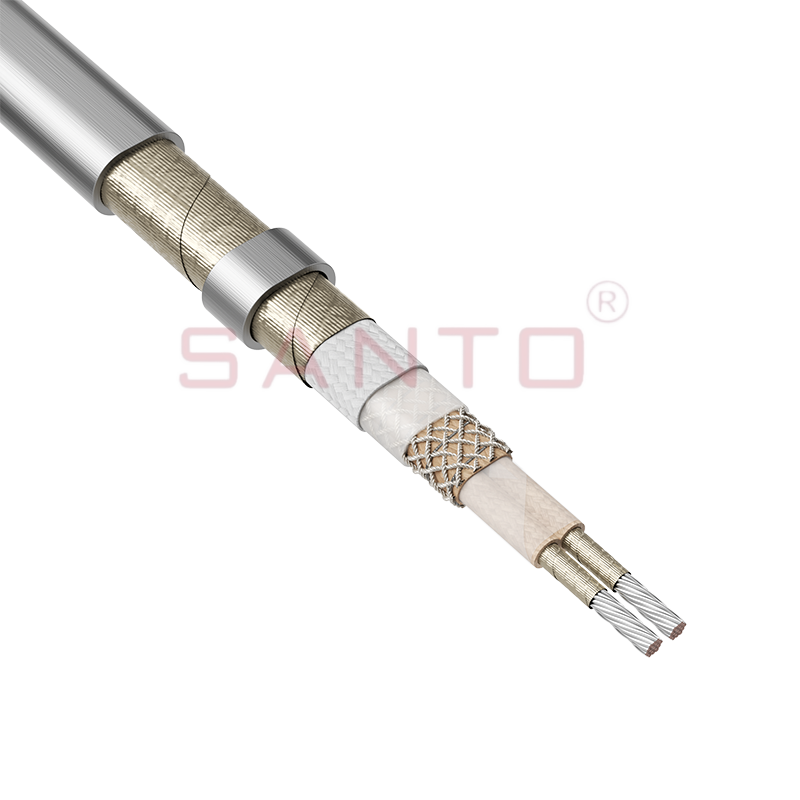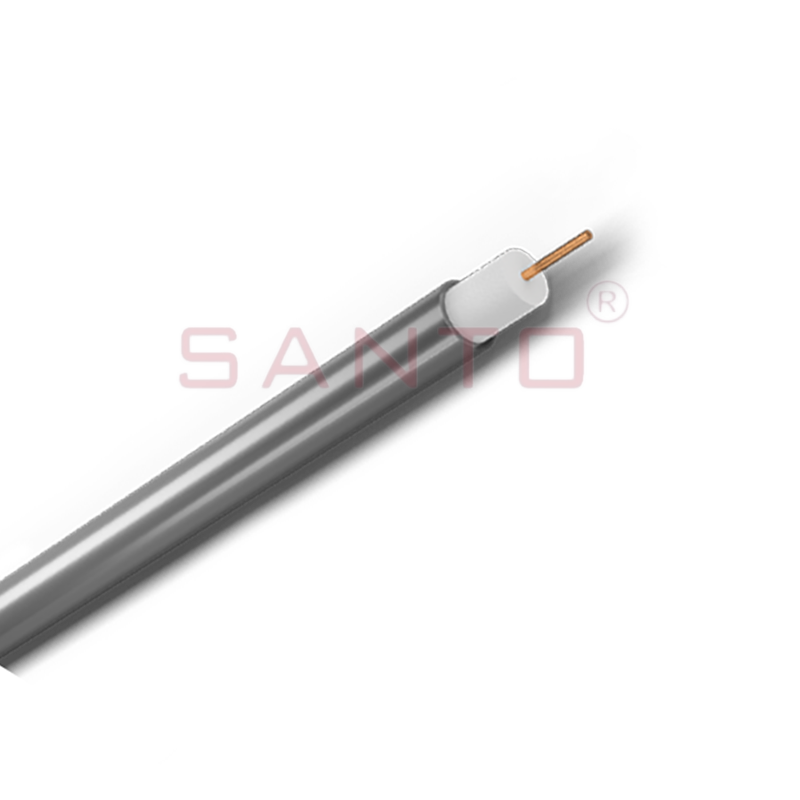Understanding Self-Regulating Heat Tracing Cables
Self-Regulating Heat Tracing Cables are electric heating cables designed to adjust their heat output automatically based on the temperature along their length. Unlike constant-wattage cables, these cables reduce power in warmer areas and increase it in colder sections, ensuring optimal heating without the risk of overheating.
How They Work
These cables contain a conductive polymer that changes its resistance with temperature. When the ambient temperature drops, the polymer becomes more conductive, generating more heat. Conversely, when the temperature rises, resistance increases, and the cable produces less heat. This self-regulating feature ensures energy efficiency and safe operation.
Key Applications
- Industrial Piping: Prevent freezing of water, chemicals, or other fluids in pipelines.
- Roof and Gutter Protection: Avoid ice formation during winter, reducing structural damage.
- Residential Heating: Maintain warm water supply in homes and small businesses.
- Energy-Sensitive Installations: Reduce electricity consumption while maintaining temperature control.
Benefits of Self-Regulating Heat Tracing Cables
- Energy Efficiency: Automatically adjusts heat output to minimize energy use.
- Safety: Reduces risk of overheating or fire hazards.
- Durability: Resistant to crushing, moisture, and UV exposure.
- Easy Installation: Flexible design allows wrapping around pipes or other surfaces easily.
Choosing the Right Heat Tracing Solution
When selecting Self-Regulating Heat Tracing Cables, consider the following:
- Temperature Range: Ensure the cable operates effectively in your environment.
- Cable Length: Determine the length needed for full coverage of the piping system.
- Power Output: Check wattage per meter to match heating requirements.
- Certification and Standards: Ensure compliance with local safety and industrial standards.
Conclusion
Self-Regulating Heat Tracing Cables are an advanced solution for preventing freezing, protecting industrial and residential systems, and saving energy. Their self-adjusting capability ensures safe and efficient heating, making them a reliable choice for a wide range of applications.
 English
English  English
English русский
русский 中文简体
中文简体

